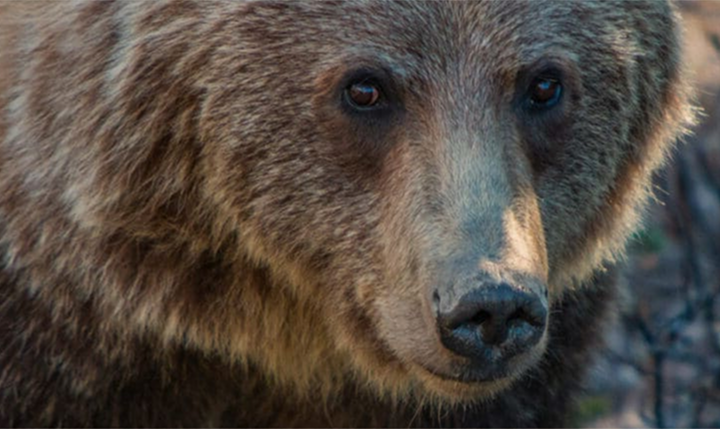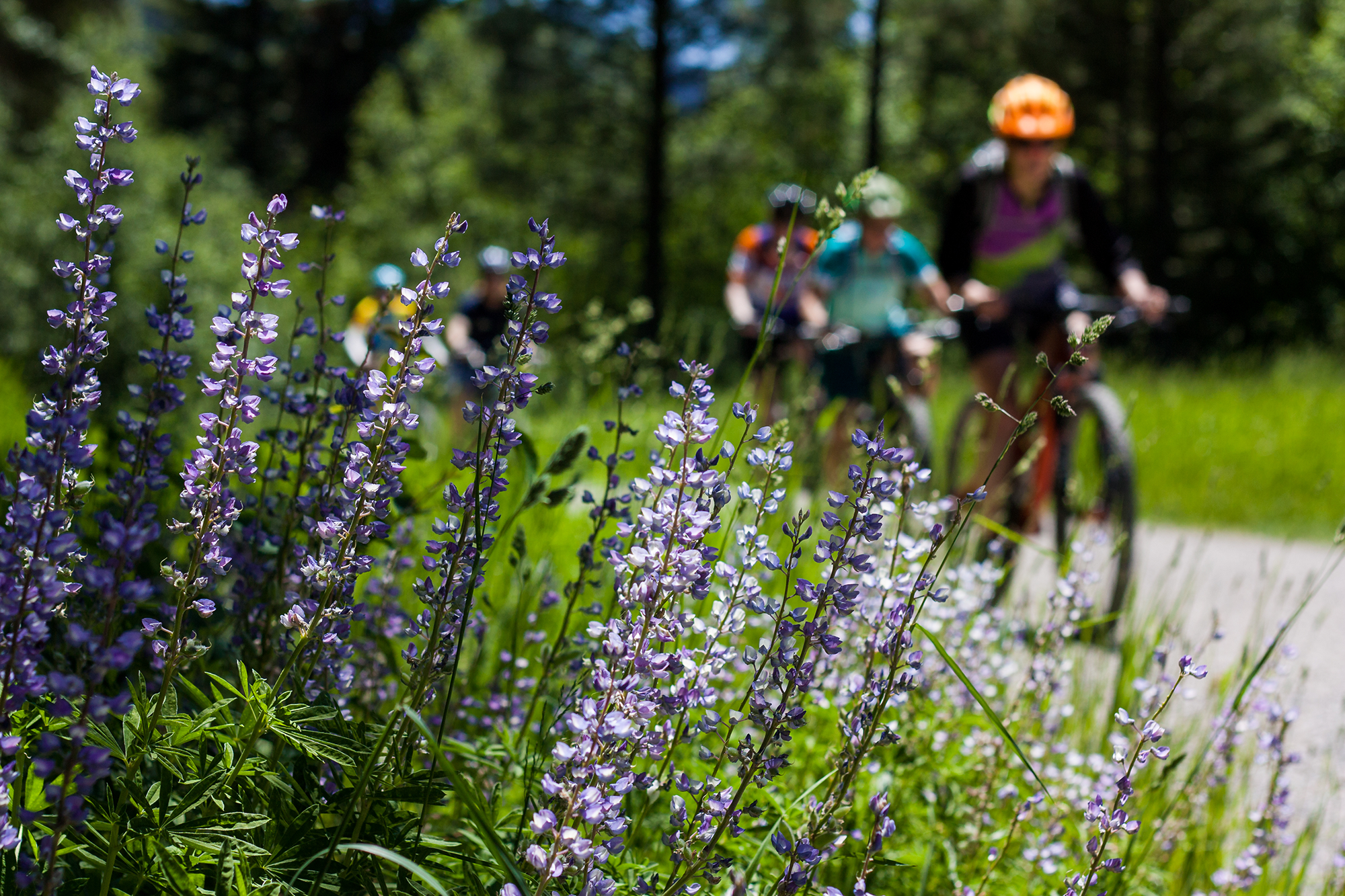MEDIA RELEASE, MAR. 21, 2019 — Yellowstone to Yukon Conservation Initiative congratulates and applauds West Moberly First Nations and Saulteau First Nations, the province of British Columbia and Environment and Climate Change Canada in negotiating an agreement to protect and recover caribou in Treaty 8 traditional territory.
This is an important precedent as all parties and stakeholders work to solve the emergency facing caribou in the Peace — and elsewhere in the province.
This agreement includes habitat protections in northeast B.C. that are positive for people and wildlife, say staff at Yellowstone to Yukon Conservation Initiative (Y2Y). They applaud provincial and federal governments for making meaningful progress in the Peace River region on caribou recovery — a species in steep decline after decades of mismanagement and the failure of B.C. and Canada to uphold the Species at Risk Act.
Included in the agreement is an expansion of the Klinse-za Protected Area located west of Chetwynd and Hudson’s Hope, in the northeast part of the province.
“Until this announcement, just four per cent of the Peace was protected. This agreement goes a long way to providing wildlife like caribou with an island of safety in a sea of industrial development,” says Tim Burkhart, B.C. program manager at Y2Y. “It’s a big step forward for these First Nations, who have been the leaders in recovering caribou in their traditional territories. Working with First Nations to protect endangered species is exactly what government should be doing, and I applaud all parties for sitting down at the table and coming up with a real plan for the Peace.”
Burkhart says the urgent issue of the precipitous loss of Peace region caribou is not the only problem addressed by this addition.
“The area covered by this agreement is a critical part of a larger landscape. The Wild Harts mountains are a bridge of unprotected habitat between two big islands of wild land — the Muskwa-Kechika area to the north, and the big parks of the central Rocky Mountains to the south. These new agreements help protect and connect the Yellowstone to Yukon region, one important for caribou but also for grizzly bears and 35 other threatened and endangered species,” he says.
“This protection is also an important aspect of reconciliation. First Nations have constitutionally protected rights to hunt caribou, but in many cases aren’t currently able to exercise that right,” says Candace Batycki, B.C. and Yukon program director at Y2Y. “Their commitment and determination to keep caribou on the land, against all odds, is inspiring.”
Northern B.C. is a vast area with diverse wildlife that is also a land of rich resources. Cumulative impacts of extractive industries (including mining, logging, hydroelectric development, oil and gas exploration, and associated roads) have pushed the landscape beyond the brink for many species, especially ones that depend on wild areas away from humans and predators, such as caribou. The remaining patches of intact wilderness and vulnerable wildlife are increasingly threatened and without significant recovery action — including habitat protections — species could disappear.
Y2Y says while this this is an important step towards recovering B.C.’s caribou herds — which have faced extirpation throughout the province — more must be done to protect habitat in other areas of the province, including areas near Revelstoke, Nakusp and Clearwater.
Herds there have seen their numbers nosedive over the past year.
“Today’s news is good for the Klinse-za herd in the Peace but leaves other herds in the province hanging. We will support and push the government to use this model for caribou in trouble further south,” says Burkhart.
For further comment please contact:
Kelly Zenkewich, communications and digital engagement manager, Yellowstone to Yukon Conservation Initiative, kelly@y2y.net


